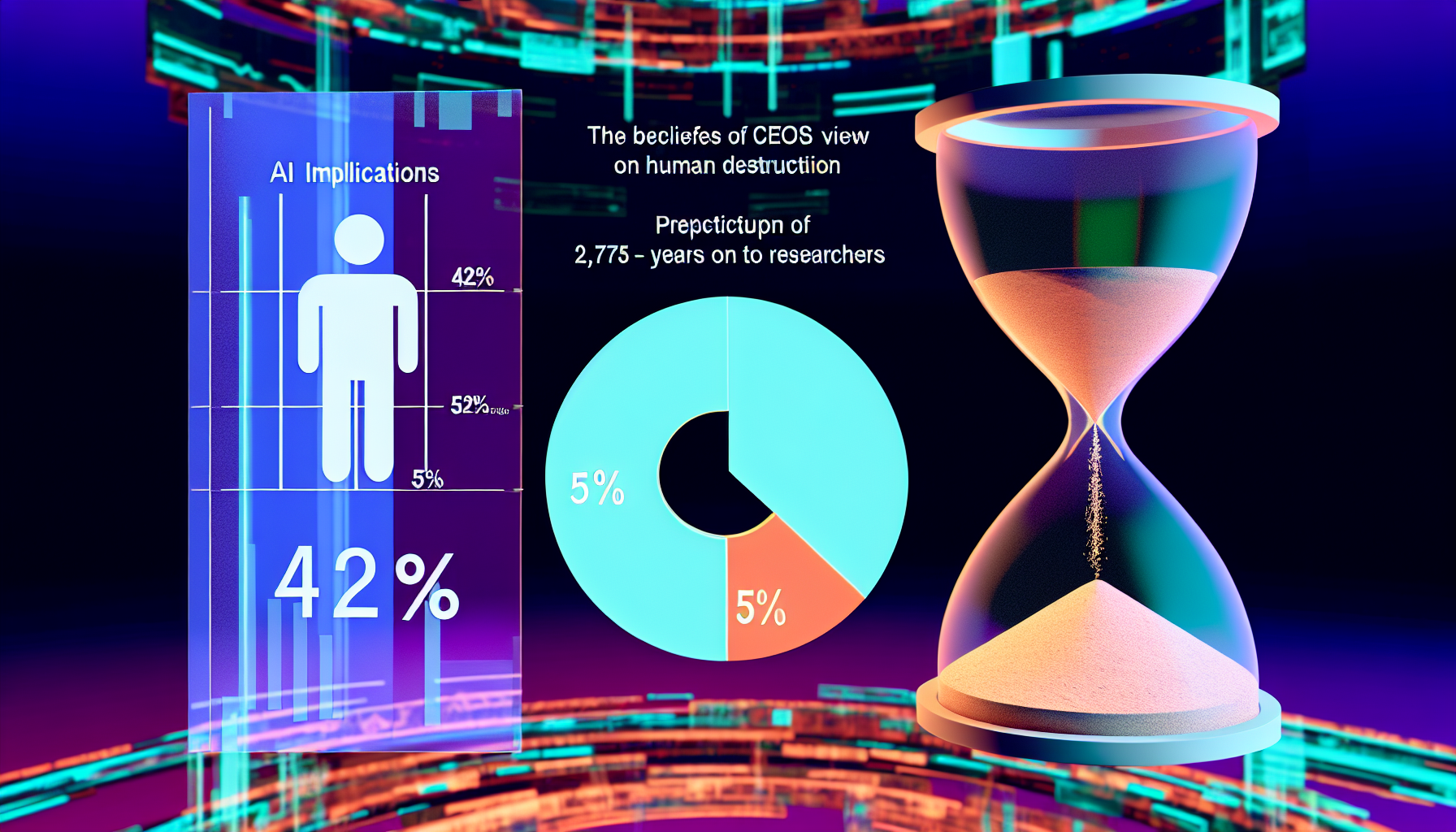Ben & Jerry’s co-founder Jerry Greenfield resigned on September 17, 2025, accusing parent Unilever of “silencing” the brand’s activist voice despite governance protections negotiated in the 2000 sale. The exit ends a 47‑year run at the ice cream maker and intensifies a years‑long battle over how much independence the brand retains to pursue its social mission under corporate ownership. Unilever disputes Greenfield’s characterization, as legal and strategic flashpoints converge around a lawsuit, a founder‑led buyback proposal valued at $1.5–$2.5 billion, and a looming ice cream spin‑off listing. [1]
Key Takeaways
– shows 47-year co-founder Jerry Greenfield resigned on Sept. 17, 2025, alleging Unilever ‘silenced’ Ben & Jerry’s activist mission despite 2000 merger protections. – reveals Ben Cohen’s proposed $1.5–$2.5 billion founder-led buyback was rejected, deepening governance tensions originating with the 2021 West Bank sales decision. – demonstrates Ben & Jerry’s independent social-mission board filed 2024–25 legal action alleging Unilever breached the 2000 sale’s governance safeguards on activism and independence. – indicates Unilever is preparing a November stock listing for its Magnum Ice Cream unit while publicly disputing Greenfield’s claims and inviting dialogue with both founders. – suggests conflicts over the Gaza war and 2021 West Bank stance widened rifts, imperiling Ben & Jerry’s autonomy within Unilever and complicating future activist campaigns.
Why Ben & Jerry’s co-founder walked after 47 years
Greenfield said he “could no longer in good conscience” remain affiliated with the brand because the company’s independence had been eroded within Unilever’s structure. His statement alleged the brand’s social mission was effectively “silenced,” a claim Unilever disputes, underscoring a deep rift over the role of activism at a household‑name ice cream business. The resignation comes 25 years after the 2000 merger that embedded special governance for Ben & Jerry’s social mission, a structure that has faced repeated tests since 2021. [3]
Reuters reported Greenfield’s exit after 47 years and framed it against a dispute dating back to Ben & Jerry’s 2021 decision involving sales in the West Bank, which sparked intense scrutiny of the merger’s autonomy guarantees. The rift has widened amid competing interpretations of how far the brand’s independent board can push activism when it conflicts with Unilever’s broader corporate policies and risk assessments. [1]
Ben & Jerry’s 2000 merger safeguards and the lawsuit
At the core is the 2000 merger agreement that created an independent board to safeguard Ben & Jerry’s social mission and product integrity, even under a corporate parent. That board has brought legal action in 2024–25, alleging Unilever curtailed the very activism the merger was designed to protect, effectively breaching the agreement’s spirit or letter. Unilever has rejected the board’s claims, saying it continues to support the brand and its values. [2]
Associated Press coverage emphasized that Greenfield views Unilever as having reneged on the safeguards negotiated in 2000, citing the independent board’s role as a legal backstop for activism. The Washington Post likewise detailed years of clashes and confirmed the board’s lawsuit, tying it to widening tensions over the brand’s political stances. Combined, the filings and public statements suggest a high‑stakes test of the 2000 governance blueprint. [3][5]
Timeline: 2021 West Bank decision to Gaza conflict
Ben & Jerry’s controversies accelerated in 2021 when the company moved to halt sales in parts of the West Bank, a decision that became a flashpoint within Unilever and triggered questions about the brand’s autonomy under the 2000 arrangement. Those tensions resurfaced with new urgency as the Gaza conflict dominated headlines in 2024–25, with CNBC reporting that disagreements over the conflict hardened positions on both sides of the governance divide. [1][4]
Greenfield’s resignation on September 17, 2025, came after years of escalating disputes over the scope of activism permitted under Unilever’s umbrella. He argued that the independent board’s authority had been undermined, while Unilever insisted it had not stifled the brand’s mission. The timeline underscores how global geopolitics—first the West Bank decision, then Gaza—intersected with corporate governance, complicating the practical application of the 2000 covenant. [3][4]
The $1.5–$2.5bn buyback bid and Unilever’s response
Amid the escalating conflict, co‑founder Ben Cohen sought to engineer a founder‑led buyback of Ben & Jerry’s, valuing the brand between $1.5 billion and $2.5 billion, according to Reuters and CNBC. Unilever rejected the approach, a decision that further strained relations between the founders, the independent board, and the corporate parent. The buyback talks illustrate the founders’ willingness to quantify and reclaim control over the brand’s direction through a sizeable transaction. [1][4]
The failed proposal became a numerical marker of the governance schism: assigning a multibillion‑dollar value to the autonomy the founders argue has been diminished. The rejection, set against ongoing litigation, narrowed the path to an amicable settlement and pushed both sides toward legal and public‑relations strategies. The Financial Times reported that governance protections from the 2000 sale are central to the dispute, framing the buyback attempt as a pressure point ahead of a major restructure. [2]
What the Magnum spin-off means for Ben & Jerry’s
Unilever is preparing to list its ice cream business, including Magnum, with the Financial Times reporting a November listing timeline for the newly separated unit. As that milestone approaches, statements from the Magnum business sought to distance the spin‑off from the founders’ criticisms, saying it disagreed with Greenfield but wished to engage with the co‑founders. Strategically, the listing puts a calendar deadline on Unilever’s ice cream narrative, elevating the stakes of governance disputes in the run‑up to market debut. [2]
The Washington Post also cited Magnum’s statement and the offer of engagement, underscoring that the new business is trying to steady public perceptions while the Ben & Jerry’s board pursues legal claims. How the spin‑off addresses or ring‑fences Ben & Jerry’s governance questions could influence investor views of the ice cream portfolio’s risk profile. The listing date concentrates attention on near‑term disclosures and governance clarifications. [5]
Unilever’s pushback and the co-founders’ case
Unilever has consistently disputed the idea that it “silenced” Ben & Jerry’s, arguing it remains committed to the brand and its values. The company’s stance highlights a clash over interpretation: when activism carries reputational, legal, or market risks, who decides—corporate parent or independent mission board? That question sits at the heart of the lawsuit and Greenfield’s decision to step away after nearly five decades. [4]
Greenfield and Cohen, by contrast, point to the 2000 merger’s explicit safeguards and the independent board’s mandate as evidence that Ben & Jerry’s activism should not be subordinated to Unilever’s broader calculations. The AP and Reuters accounts emphasize the founders’ claims about erosion of independence and the 47‑year arc that culminated in resignation and litigation, with the board’s legal filings aiming to codify that independence in practice. [1][3]
What to watch next for governance and brand risk
Near term, three dates and numbers frame the story: September 17, 2025 (the resignation), 2000 (the merger safeguards), and November (the anticipated spin‑off listing). The $1.5–$2.5 billion buyback figure adds a valuation anchor to the founders’ case that autonomy has tangible economic value, while the 2024–25 lawsuit keeps pressure on Unilever to demonstrate how it interprets and enforces mission protections at a global scale. [1][2]
For investors and consumers, the risk calculus is specific: if the independent board prevails, Ben & Jerry’s activism could regain latitude within Unilever’s governance, potentially setting a template for mission‑led brands. If Unilever’s view holds, the parent’s oversight of political controversies may tighten, limiting brand‑level discretion. With the spin‑off approaching, Unilever will need to show how its governance processes can accommodate mission‑driven subsidiaries without undermining group risk management. [2][5]
Bottom line for Ben & Jerry’s and Unilever
Greenfield’s resignation after 47 years turns a simmering governance dispute into a defining test of the 2000 merger architecture, as courts, public markets, and consumers evaluate whether the brand’s mission can truly be independent under a corporate parent. The failed $1.5–$2.5 billion buyback bid, the 2024–25 lawsuit, and the November spin‑off converge into a single question: who ultimately sets the boundaries of activism at Ben & Jerry’s, and at what price. [1][2]
As Unilever disputes the “silencing” narrative and invites engagement, the independent board’s legal claims and the founders’ public statements ensure the issue remains in the spotlight. The answer will carry financial and reputational consequences measured in court filings, listing documents, and sales in politically sensitive markets—a reminder that, in 2025, governance is as much about numbers and dates as it is about values. [4][5]
Sources:
[1] Reuters – Ben & Jerry’s co-founder resigns citing loss of independence under Unilever: www.reuters.com/business/ben-jerrys-co-founder-resigns-citing-loss-independence-under-unilever-2025-09-17/” target=”_blank” rel=”nofollow noopener noreferrer”>https://www.reuters.com/business/ben-jerrys-co-founder-resigns-citing-loss-independence-under-unilever-2025-09-17/
[2] Financial Times – Ben & Jerry’s co-founder quits over Unilever ‘silencing’ of social mission: www.ft.com/content/0e596d0a-b28a-4276-9adb-2093a7bcba95″ target=”_blank” rel=”nofollow noopener noreferrer”>https://www.ft.com/content/0e596d0a-b28a-4276-9adb-2093a7bcba95 [3] Associated Press – Ben & Jerry’s co-founder Greenfield leaves ice cream brand due clash with Unilever on social issues: https://apnews.com/article/9ed945056cd243ca459d130d9933ee62
[4] CNBC – Ben & Jerry’s co-founder resigns after feud with Unilever over Gaza conflict: www.cnbc.com/2025/09/17/ben-jerrys-co-founder-resigns-after-feud-with-unilever-over-gaza-conflict.html” target=”_blank” rel=”nofollow noopener noreferrer”>https://www.cnbc.com/2025/09/17/ben-jerrys-co-founder-resigns-after-feud-with-unilever-over-gaza-conflict.html [5] The Washington Post – Jerry leaves Ben & Jerry’s, saying parent company ‘silenced’ activism: www.washingtonpost.com/business/2025/09/17/ben-jerry-greenfield-unilever/” target=”_blank” rel=”nofollow noopener noreferrer”>https://www.washingtonpost.com/business/2025/09/17/ben-jerry-greenfield-unilever/
Image generated by DALL-E 3











Leave a Reply